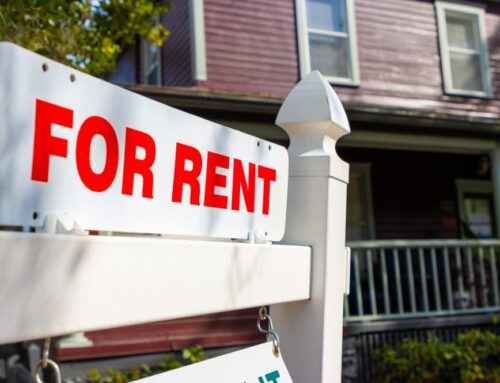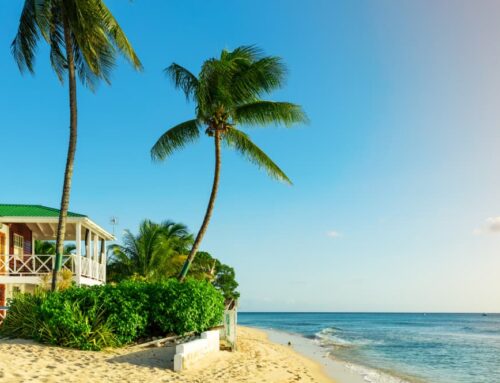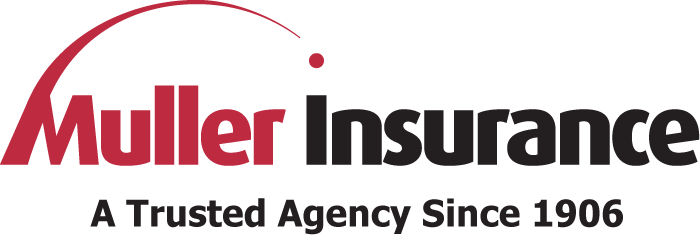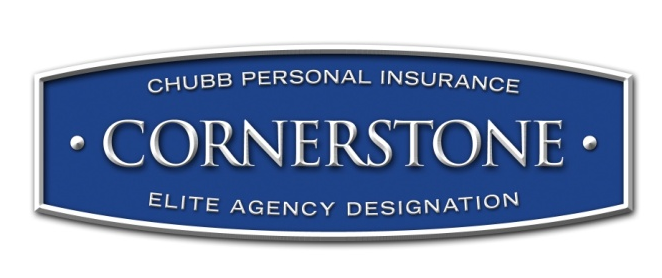When the weather starts to get cold, do you close up your beach house? If shore properties are unoccupied during the winter months, there are steps to take to reduce any damage related to winter weather, as well as pests, mold, and intrusion. By paying attention to the whole structure and making necessary repairs, you can help maintain the condition of your valuable investment. Not only will this increase the security of your vacation home, but it may also reduce the number of insurance claims that result from winter storms and other weather-related damage.
How to Winterize Your Shoreline Home
Some beach homeowners have a tradition of gathering family and friends at the end of the season to close up the property. Others look forward to peacefully doing the chores on their own, enjoying this last quiet getaway of the summer. Whatever your preference, a shoreline property can be safely secured with some careful planning that includes measures to protect it from both winter weather and other threats. Here are some things to consider during this time:
Clear Out Rain Gutters
Whether it’s shoreline winds blowing sand, dirt, and debris into the gutters or falling autumn foliage stopping rainwater from freely flowing, clogged gutters can cause several problems during cold winter months. When water stands in place, it’s more likely to freeze, increasing the weight of the gutters and sometimes pulling them away from the roof. These ice dams can also form a conduit for frozen water working its way beneath roof shingles, leading to possible leaks either during thaw cycles or due to the warmer temperature maintained inside the structure. Make sure to keep them clean and clear.
Optimize Heat and Air Conditioning Settings
Depending on the local conditions, consider either setting the heat at 55°F or the air conditioning at 85°F or cooler. If the shoreline property is in a cold climate and you leave the water on, the heat will help ensure that pipes don’t freeze. And if your property is in a warmer, more humid climate, the air conditioning can help prevent mold or mildew. It also helps ensure the refrigerator operates properly and generally keeps electrical circuits in good condition.
Turn the Water Off
Turning off the water helps prevent pipes from freezing and bursting. Areas such as garages, attics, and anywhere else pipes run along uninsulated exterior walls are a danger in cold weather. The main water supply can be turned off to protect indoor plumbing and systematically remove water from all the pipes and the toilets.
If the main water supply will remain active, be sure to open any cupboards or closets where pipes run to help the heat circulate in those areas. You can also turn off the water to appliances, such as water heaters, washing machines, and dishwashers, to help prevent leaks. And don’t forget to disconnect any outdoor hoses and turn off the spigots.
Set Up Security
If it looks like no one is living on your beach property, this may be considered an invitation for a break-in or theft. Taking some extra steps for security is a good idea. This may include any of the following measures, and more:
- Engage a security system
- Set lights to automatically come on during the evening
- Hire a local company to shovel snow or care for the lawn
- Ask someone to regularly check on your property
Review Your Shoreline Home Insurance Policy
Muller Insurance serves shoreline homeowners in New Jersey, New York, Connecticut, and other states. Our agents can examine the cost and varieties of coverage available to help you make the right choice to protect your shoreline home. Costal property owners may also need to consider flood insurance as well. Let Muller Insurance review your current policy and provide new options – contact us today to get a quote.








